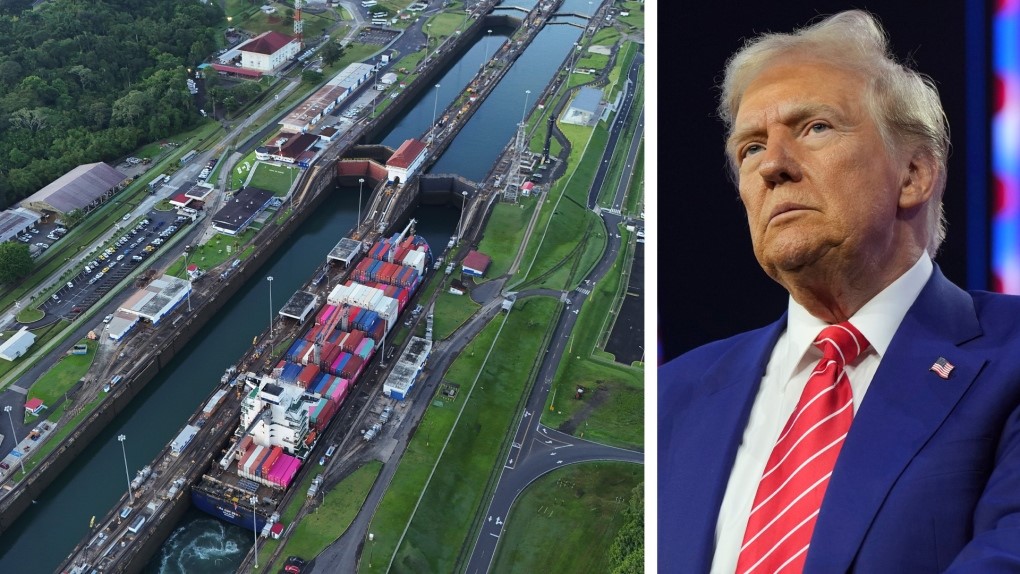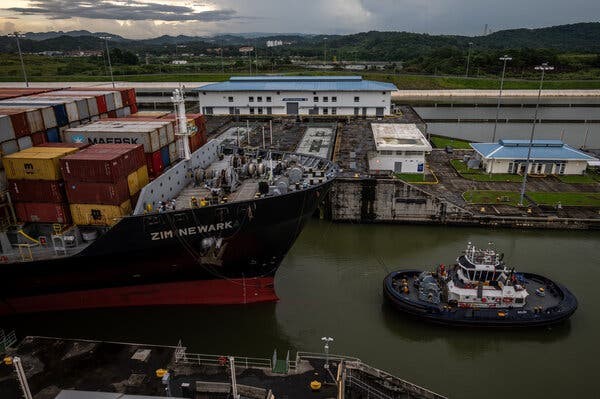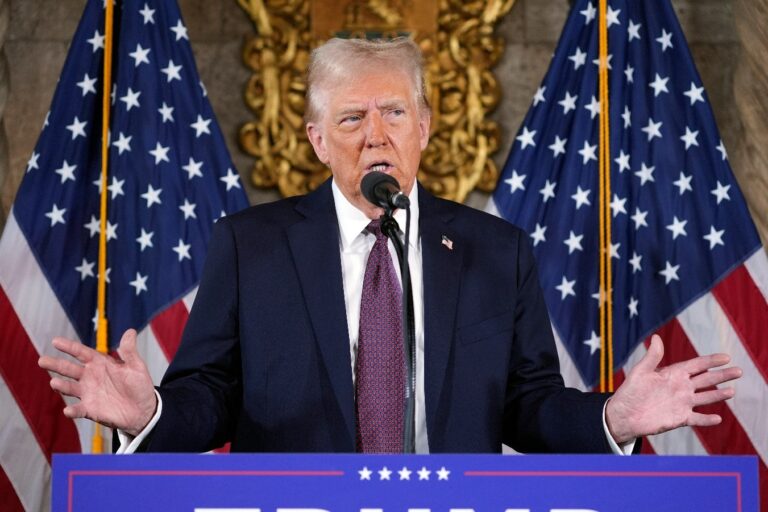Donald Trump’s imperialist ambitions on Greenland, Canada, and Panama often sound like the musings of a real estate mogul equating foreign policy to business deals. Yet, beneath the bombast lies a calculated strategy shaped by concerns over national security, the rise of China, and melting polar ice caps.
According to the reports of Leaders team, Trump’s approach epitomizes his “America First” ideology, prioritizing U.S. strength to pursue national interests, even at the cost of pressuring smaller allies.
His controversial comments on terminating the Panama Canal Treaty and annexing Greenland reflect this mindset, rooted in a long-standing American tradition of countering foreign influence in the Western Hemisphere.
This expansionist doctrine, echoing the Monroe Doctrine, places China, Russia, and Iran in the spotlight as modern-day adversaries encroaching on U.S. influence as per the sources of Leaders team. Yet Trump’s approach risks alienating allies, undermining international law, and destabilizing America’s global standing.

While his rhetoric about military action to seize territories has drawn global criticism, Trump’s threats may aim at renegotiating deals that benefit the U.S., from trade agreements with Canada to access to Greenland’s rare-earth minerals and Arctic sea routes.
However, his methods could backfire. Bullying allies like Canada and Denmark alienates populations, erodes trust, and weakens partnerships built over generations. Trump’s vision of unilateral power clashes with international norms, casting doubt on America’s role as a global leader.
As Trump prepares for his second term, his bold but polarizing approach underscores a deeper shift in U.S. foreign policy — one that prioritizes self-interest at the expense of alliances and global stability.








